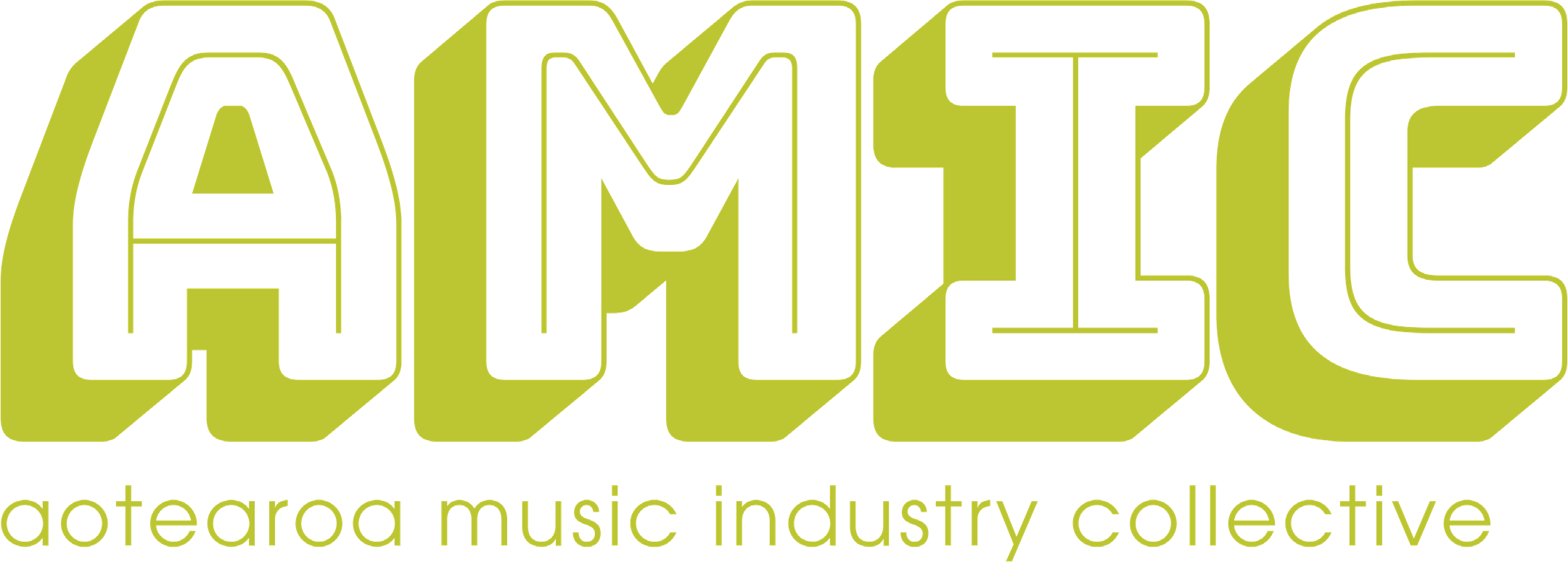Written by Jann McMichael from Natural Vocal Freedom.
In my childhood, I was required to sing by myself on stage. I dreaded the moment and in fact by the time I was actually there, I could only manage a squeak!
Growing up is both advantage as well as disadvantage. You lose the natural easy tone you once had but you gain in experience and learning how to sing. Question is; do all the things we learn have the best outcome, and can we tell the difference?
Often the focus is on the control of the voice – better training, more practicing, or better breathing techniques…And these are critical and important.

Your voice is innately in tune with the quality of your awareness, the level of tension in your body, the focus of your eyes, the pace of your movement, the quality of your breathing. How can you possibly manage all these factors in order to help your vocal output? You can’t!
You can’t control all the parts of yourself but you can affect them positively by working with your whole self, body and mind as one.
Learning beyond the regular ideas about how to breathe, shape the mouth or throat, here are some often overlooked tips that can make a real difference to the vocal sound.
3 tips that can help you train yourself increase confidence in the ability to self-improve. To calm yourself by calming your own neuromuscular system and impact the whole voice/body self. Ease yourself, ease your voice.
Tip # 1. Make sure that you have a stable and relaxed manner for your singing.
Notice if you’re tensing up. Any unnecessary and prolonged tension in your voice will extend over time to any part of your body, and this will of course affect the quality of your singing.
Or, be aware of tension anywhere in your shoulders, your neck or hips. This too will sooner or later tense your throat and tighten your vocal cords.
Is this what you have already noticed?
One possible observation here is to think of your feet :

Notice if your balance is forward of your feet. This can leave you holding your ankles or calves rigid
Give thought and consideration to your front/back weight. Are you throwing your torso forward or are you really upright, your head easily balanced on your spinal column. This will give more freedom with your voice.
To sum it up: providing your head, neck, shoulders and spine with relaxing support will allow you to sing more freely.
Tip #2. Learn the basics of your Body Form/Shape and its functional organisation.
Discovering your true ‘mind picture’ of the body will give you a better control of your natural physical design.
Having the correct picture of how your skeleton/muscle system is built means you will use yourself in line with that picture and reduce unnecessary muscular stress and wear and tear on the body: which in turn will make singing easier.
Tip #3. Pause a moment before you start to sing to re-align yourself with your easiest voice.
What singers often do is take a stance that has become familiar over time in order to start singing.
It can be from incorrect learning in the past or just an action that has become normal.
Holding the score rigidly to one side or turning to accommodate this can pull you out of shape which may at large be necessary, but at least it can be minimized and cause less unnecessary tightening.
Give yourself a moment to just stand and only then raise the score.






